[SOURCE: Mobile Marketing Watch]
In light of new reports detailing the “flawed system” surrounding charitable SMS donations, in addition to more nonprofits coming forward in a fight against text message censorship, public interest groups continue to urge the FCC to act on a three-year old petition that would ban such practices by US wireless carriers.
In a blog post yesterday, Washington DC-based Public Knowledge detailed new developments surrounding its petition to the FCC filed back in 2007. Public Knowledge, as well as other interest groups, have been in a long battle to force the FCC to put a plan in place to stop unfair practices when it comes to the text messages sent over wireless operators in the US.
“Unfortunately, American cell phone carriers are not content with merely passing messages between phones, as they do with telephone calls,” Public Knowledge explains in its post. ”The wireless industry does not allow organizations to use a regular phone number to send text messages to the public; they must lease a “short code”, a special number that can be revoked or blocked by a carrier at any time.” Short codes are a central element in the fight against change, as acquiring one is a long drawn-out and costly process — especially for nonprofits and charitable organizations.
“How can a group get a carrier to restore its text messaging access once it’s gone? So far, the answer appears to be filing a lawsuit or a getting a story in the New York Times. For most nonprofits a lawsuit against a deep-pocketed carrier is a nightmare. And what charity wants to waste a front page New York Times story on a dispute over texting, rather than a profile of its contributions to society? A public relations battle with AT&T, the country’s second biggest advertiser, is probably not a good use of donor money,” continued Public Knowledge.
Speaking of the New York Times, the paper recently featured an article detailing the “flawed system” that stifles charitable giving via text, saying many nonprofits can’t support the costs associated with obtaining a short code — let alone the massive awareness campaign that’s necessary to promote wide-spread SMS donations. Many cite the recent success the American Red Cross has had with its mobile giving efforts following the Haitian earthquake, but smaller nonprofits say they don’t have the opportunities the Red Cross had to promote its mobile giving campaign — in particular, a worldwide platform as all eyes were tuned to news stations around the world, and even Michelle Obama promoting a short code on national television. Small nonprofits that have to go it alone face a much tougher battle.
Even the National Hispanic Media Coalition (NHMC) recently came forward to demand that the FCC put an end to wireless carriers’ “increasingly bold actions to limit free speech on their networks.” While the message seems to be clear, Public Knowledge says it has only one question: “FCC, what are you waiting for?”
]]>